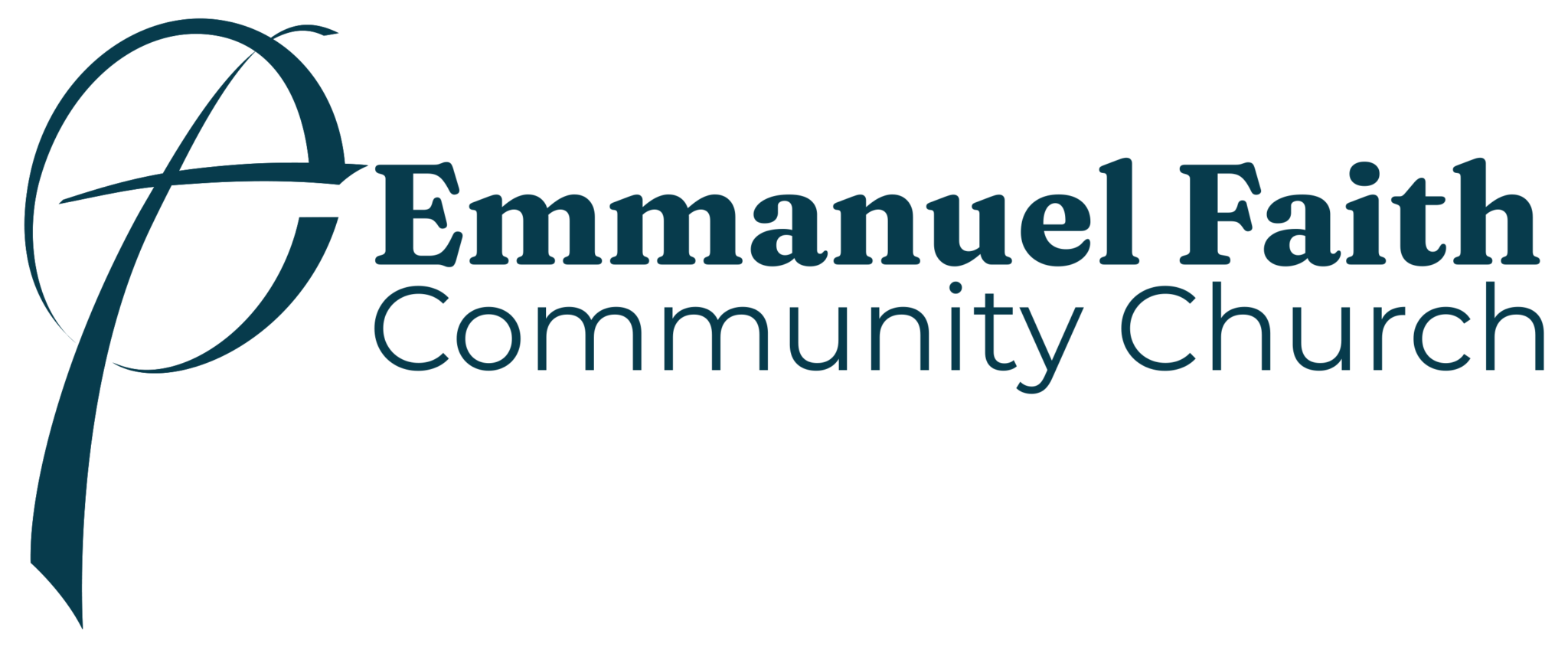“I’m already thanking God for what he will do.”
Dad sniffed, wiped his eyes, and grinned at us across the table.
My dad getting weepy at breakfast wasn’t unfamiliar; our breakfast conversation usually included something about God, and anytime Dad talked about God’s goodness, he always got emotional.
I vividly remember these kinds of comments throughout my childhood when my dad was going through something difficult. It was primarily in these times that he would come out from his prayer time crying over God’s love for him, and when he would often seem the most peaceful and joy-filled.
I began to realize that his peace and joy came from praising God for good things that weren’t a reality, but that he still thanked God for ultimately doing.
‘Ultimately’ is a keyword here. I think it’s an important word to keep in mind with Psalm 121, as it can be a difficult psalm for some to stomach. On the surface, it sounds incredibly comforting, but to someone experiencing great suffering, it might feel more like a slap in the face: “The LORD will keep you from all evil.” Hmmm… really?
What I would like to suggest is that the psalmist wasn’t a liar, naïve, or living his life under a rock; I think he was just as aware of the suffering found in this world as we are. You might ask, “Then why speak as if God won’t let any of it happen to us?”
What I think the psalmist is doing here is taking on a different perspective. He isn’t focusing on what God seems to be doing in the moment (which might actually feel at odds with everything this psalm says), but on what God can and will do. Like my dad, the psalmist is thanking God for who He is and how he knows He will ultimately work. He is confidently confirming that God will keep and protect him even as he feels like the world is closing in around him.
When we, like the psalmist, seek to focus on the ‘ultimately’ of God’s goodness, I think something like what happened for my dad begins to take place. How we feel in the moment begins to fade, and the beauty of God’s great love remains firm, steadfast, and ever-present. The ‘ultimately’ then inexplicably becomes solace for the present.
Ashley Carr

